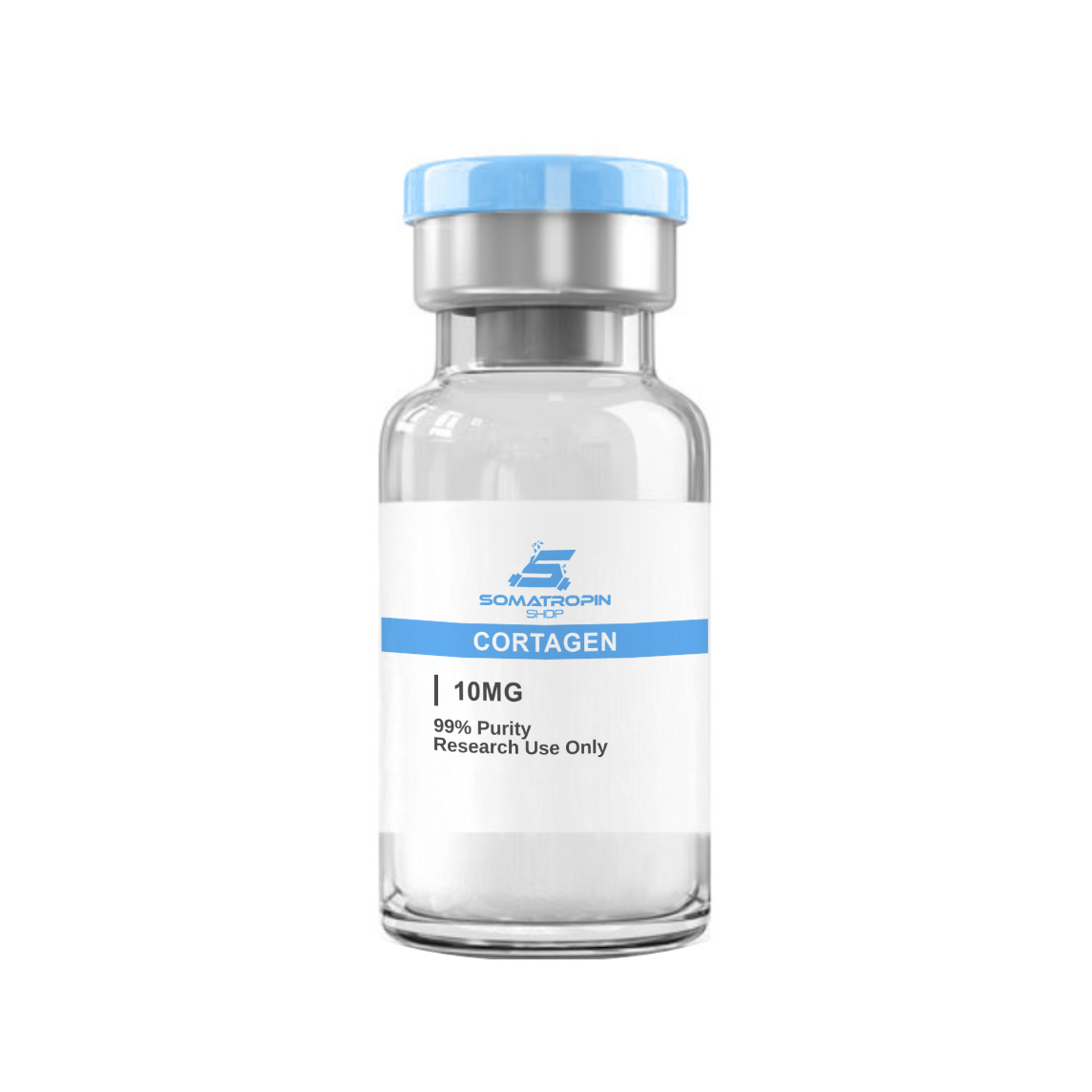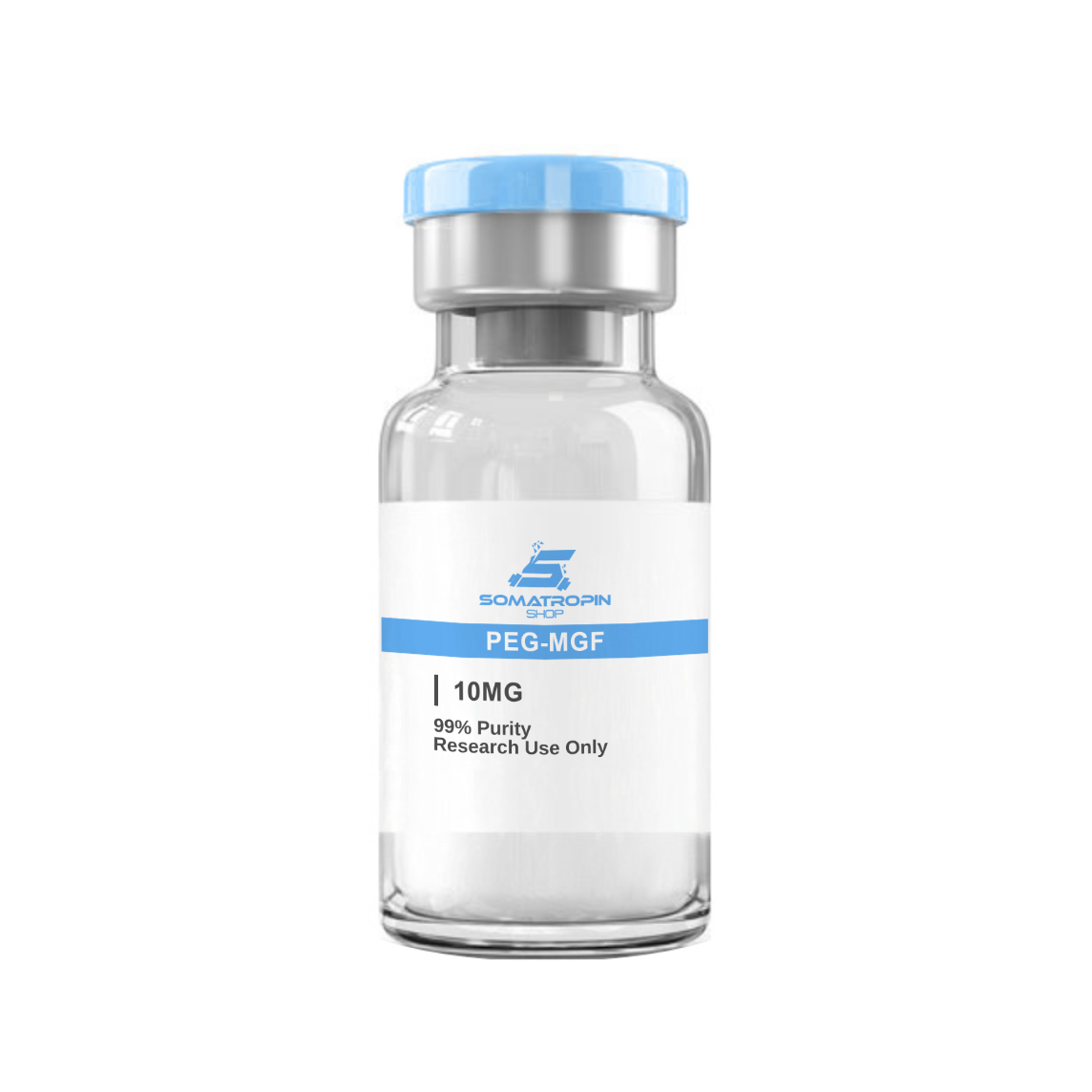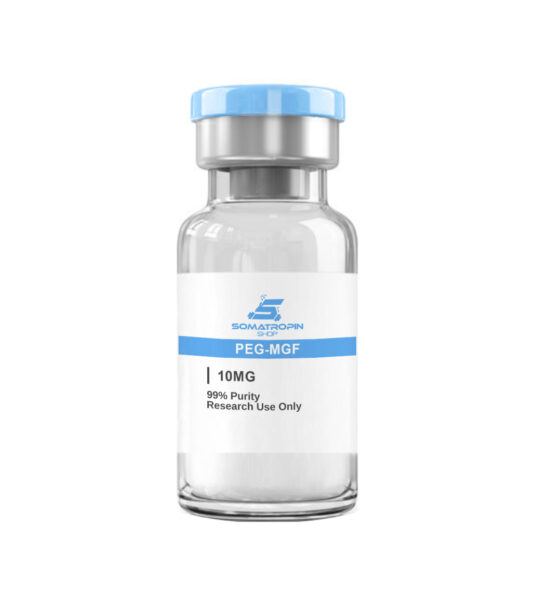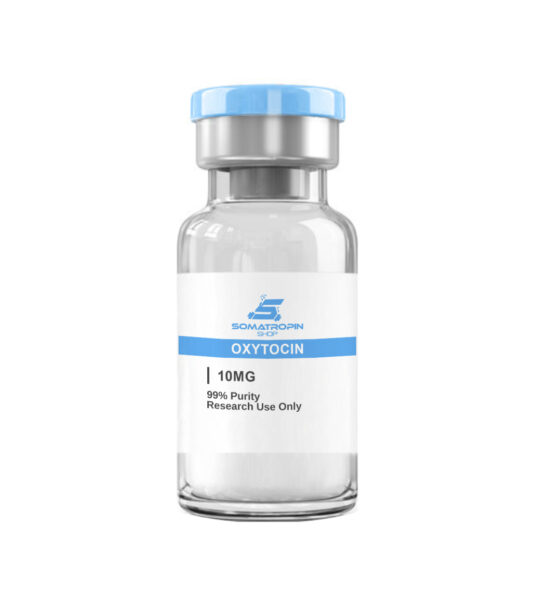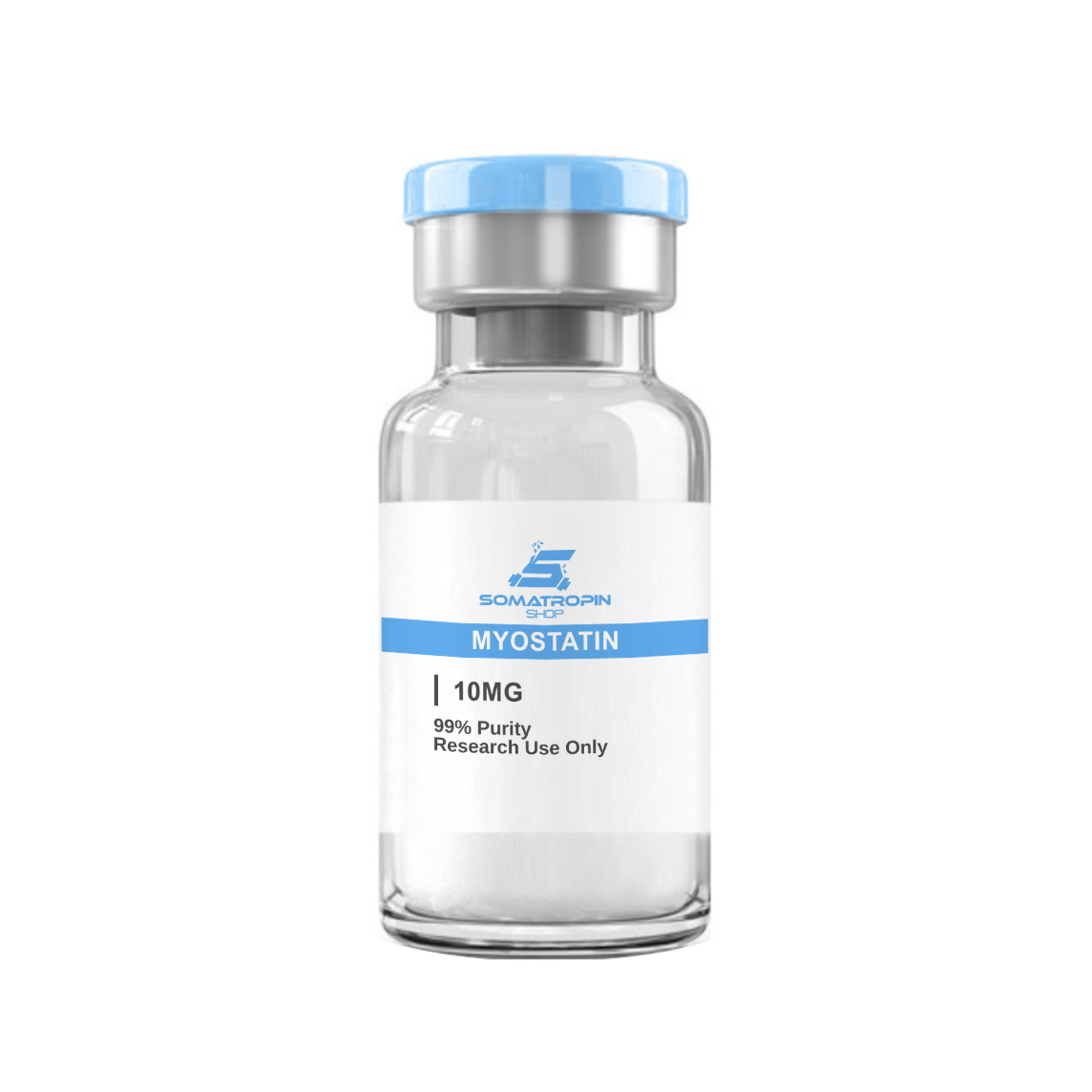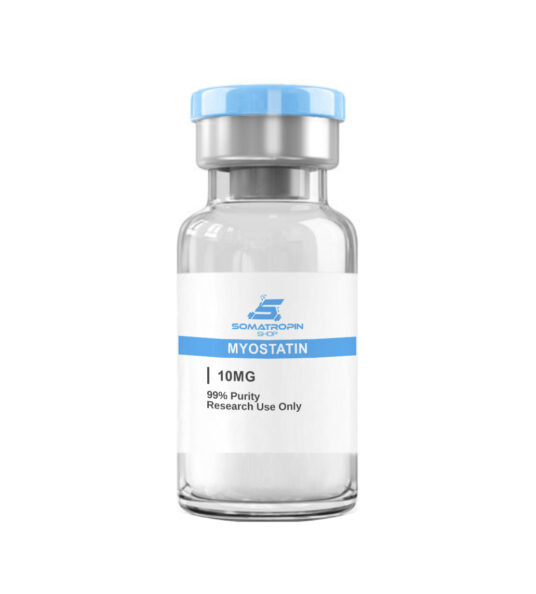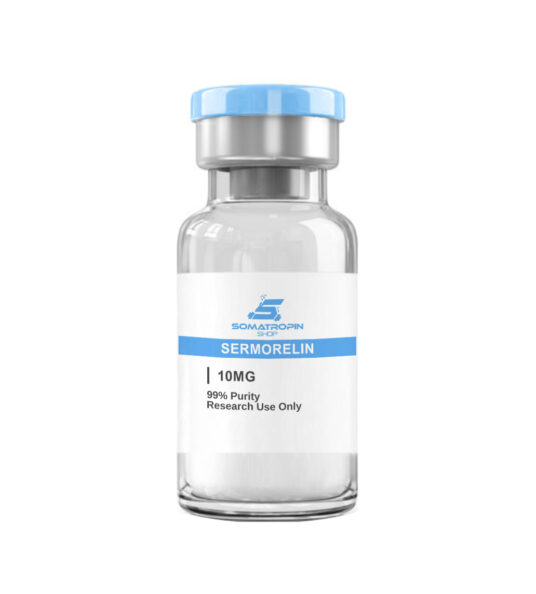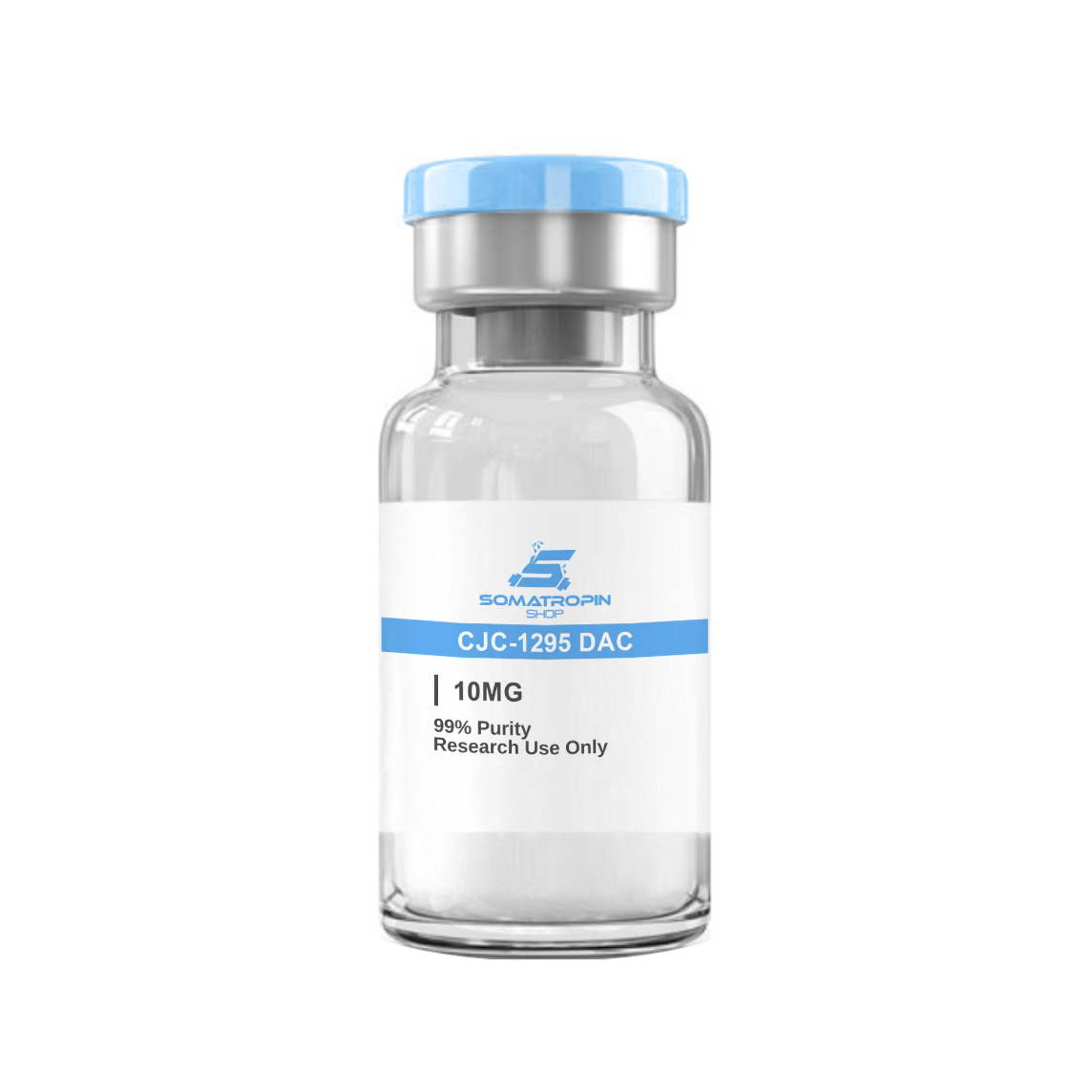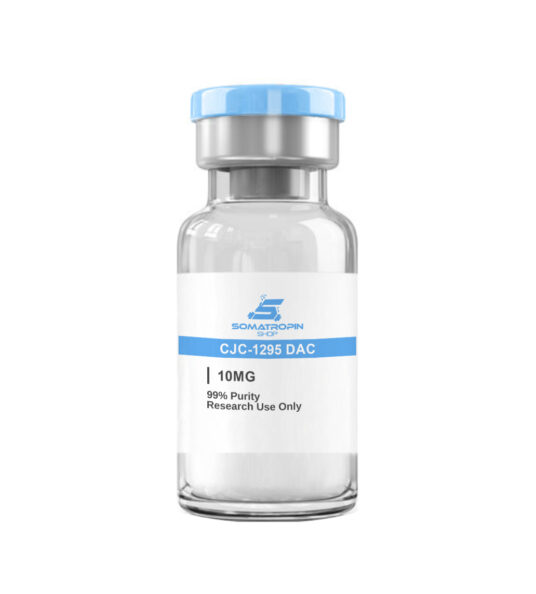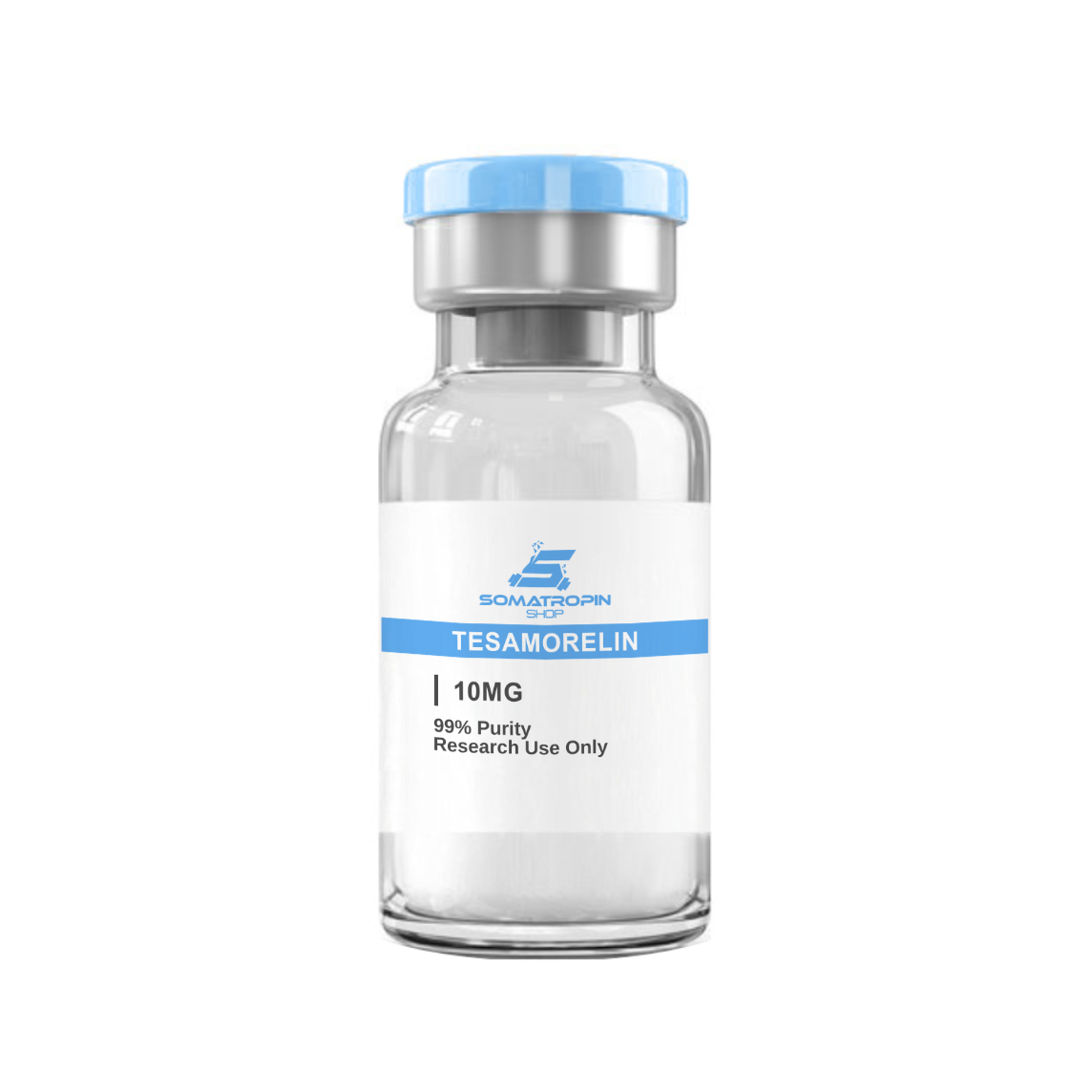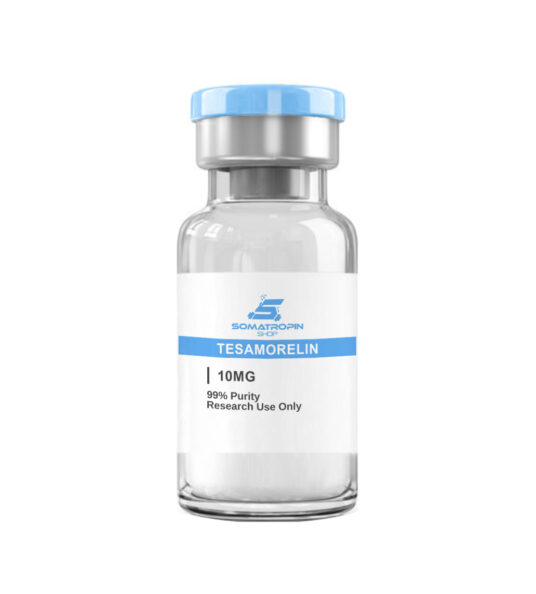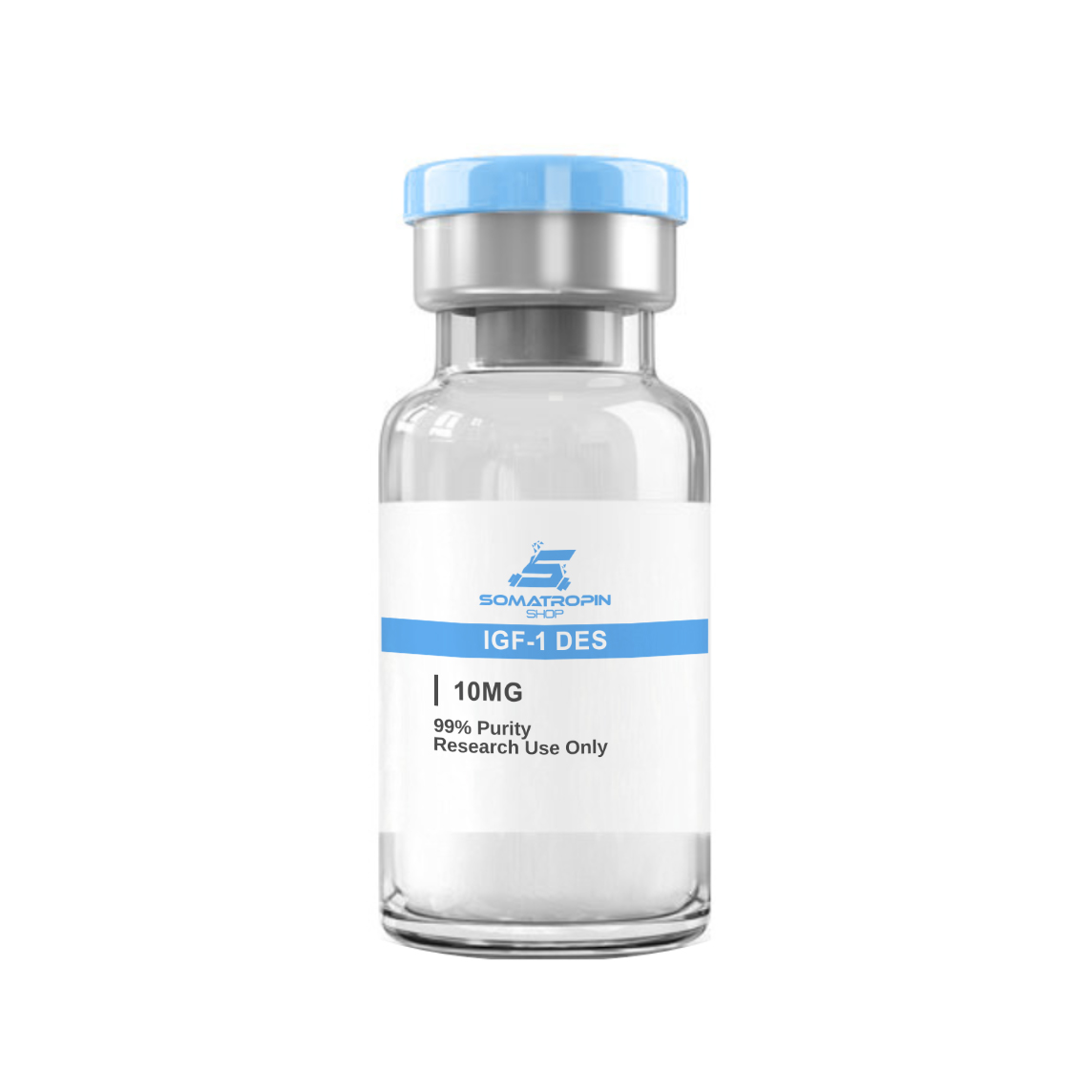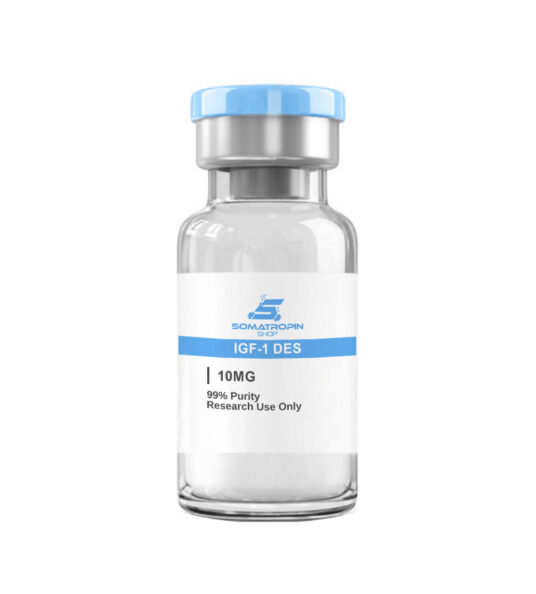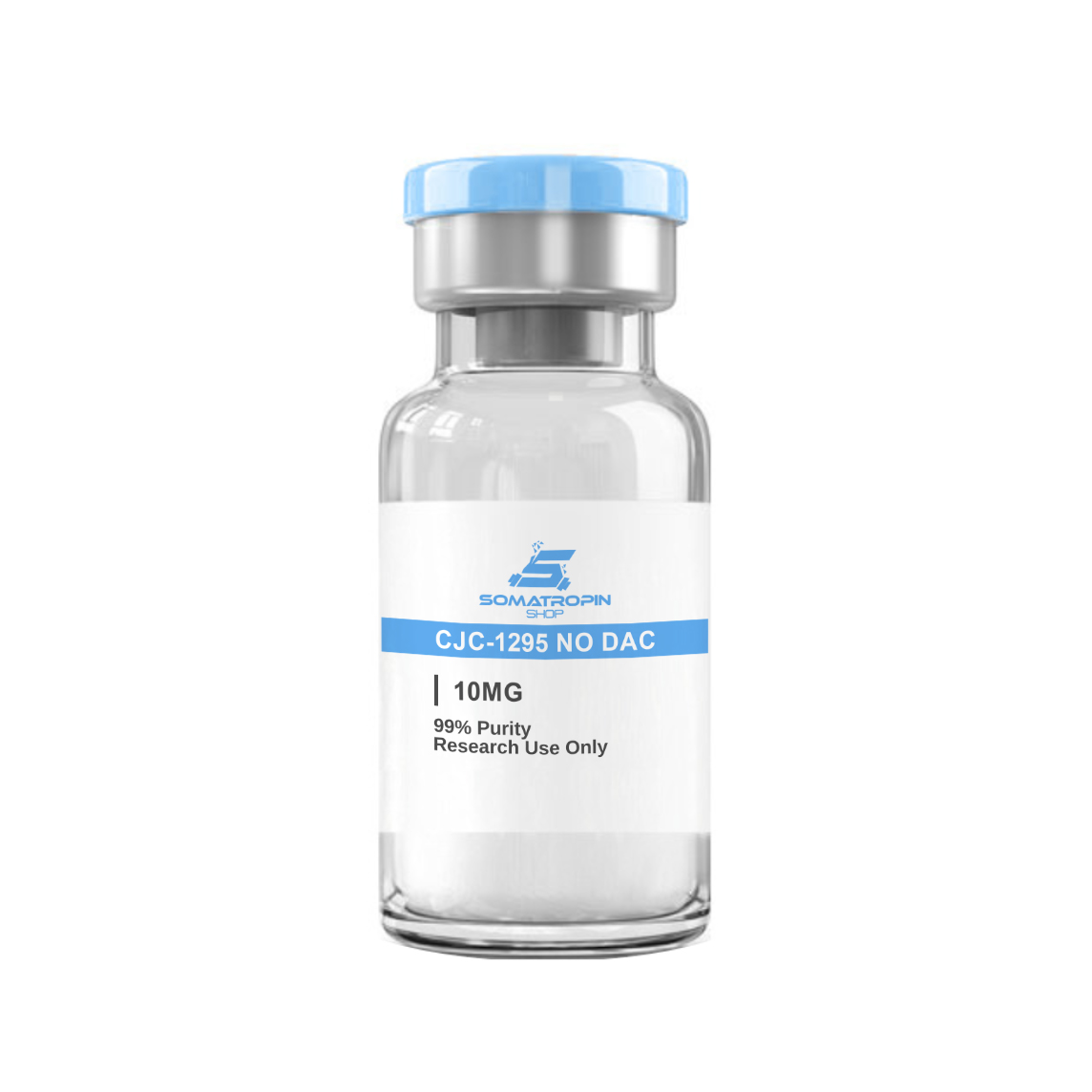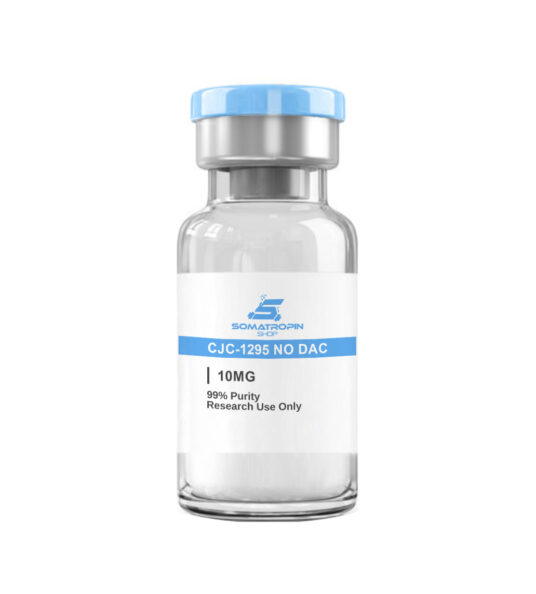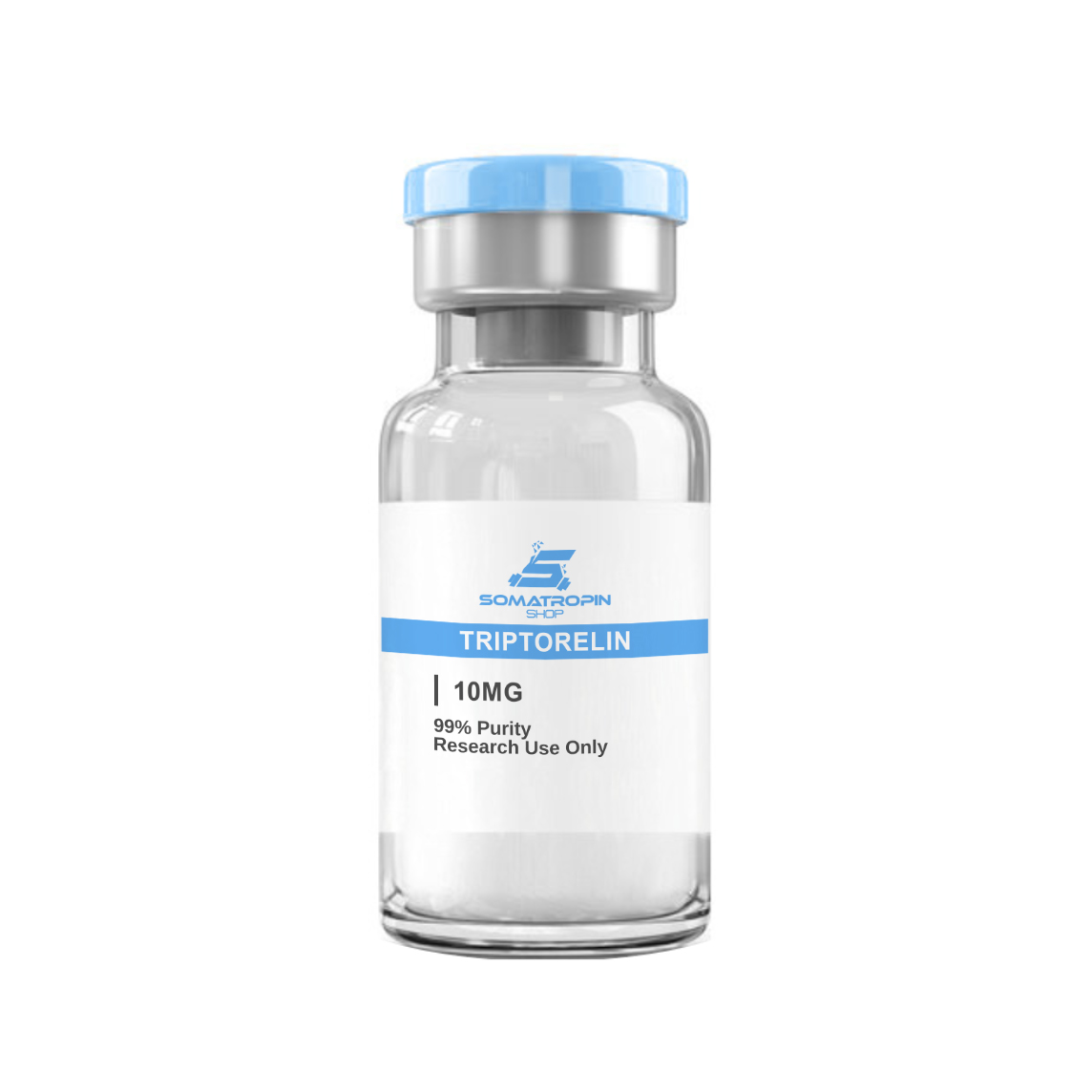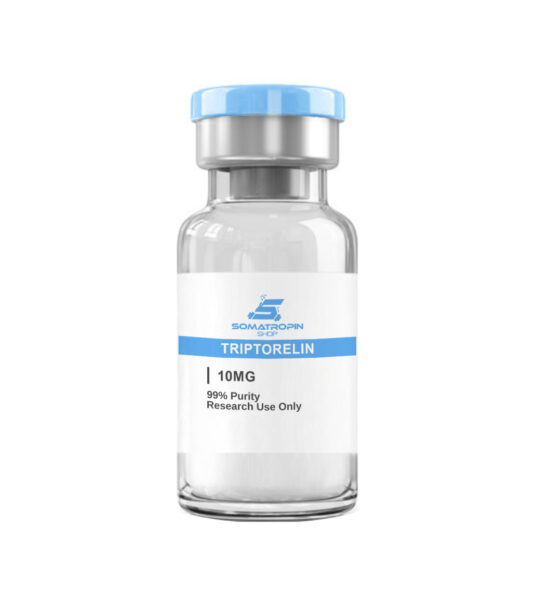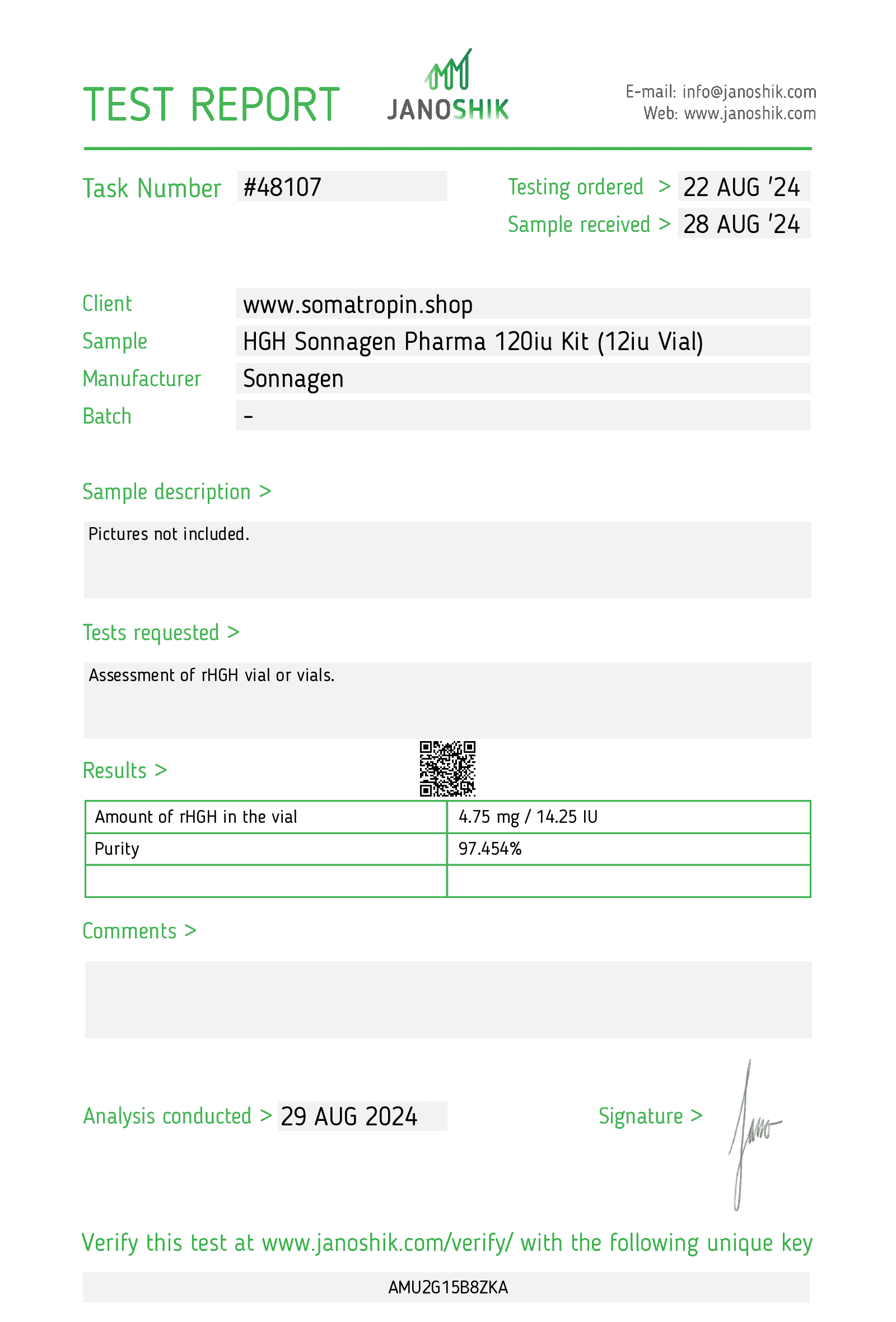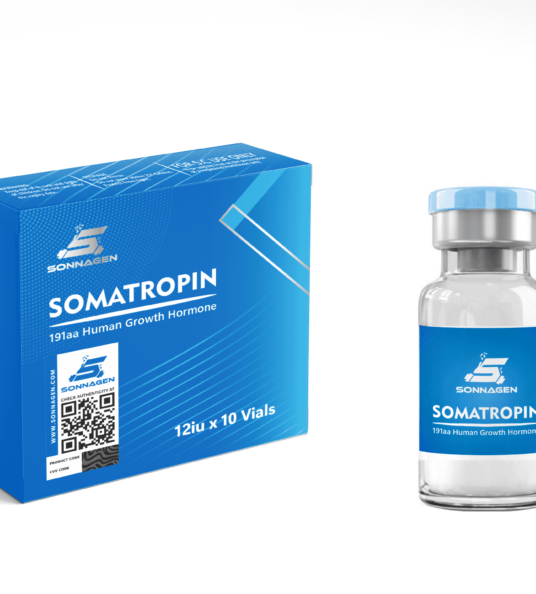Description
Cortagen is a bioregulatory peptide with primary effects in the brain and central nervous system. It has secondary effects on the immune system and in cardiac tissue. Research shows that it is a powerful regulator of the inflammatory response, particularly in the nervous system, helping to restore balance and proper functioning between pro- and anti-oxidative processes. It has been investigated as a potential treatment following ischemic brain injury where it and similar compounds have shown beneficial long-term results. Cortagen stimulates interleukin-2 expression and helps to regulate immune function primarily by reducing autoimmune reactions.
What is Cortagen?
Cortagen (Ala-Glu-Asp-Pro) is one of many “Khavinson peptides.” These short peptides (often just 2-4 amino acids in length) have potent bioregulatory functions and are often found to alter gene expression patterns in tissue-specific patterns. Discovered by Vladimir Khavinson, Cortagen operates primarily in the central nervous system with secondary effects in the heart and immune system. Research shows that Cortagen stabilizes the inflammatory response in the central nervous system, helping to promote a balance between pro- and anti-inflammatory pathways. It has been shown, in animal studies, to reduce the long-term consequences of ischemic injury in the brain and help to restore nerve function following transection or injury. Cortagen is a geroprotective and anti-aging peptide. It helps to restore DNA to a more youthful state that reduces senescence and increases the expression of certain genes often silenced by age.
Structure
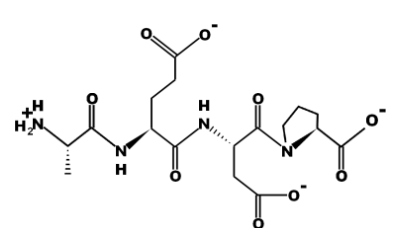
Source: Pepdraw
Cortagen and Aging
Research shows that gene expression patterns change as we age. In particular, levels of gene expression tend to drop, overall, as DNA condenses from the more open form of euchromatin into the more densely packed form called heterochromatin. This process of condensation inhibits DNA transcription factors from accessing certain genes and is one of the major contributors to the process of senescence (a type of cellular aging). Research shows that peptide bioregulators can help to reverse condensation and restore cells to a more youthful state.
Cortagen has pronounced effects on both the structural and functional aspects of peripheral nerves as well as cardiac tissue. It was thought that this likely arose as a result of de-condensing chromatin structures. Scientists tested this hypothesis using transcriptome microarray analysis and found significant changes in 110 known genes scattered across more than 234 different DNA regions.
In a different experiment with similar goals, Cortagen was found to increase the activity of ribosome genes and to unpack chromatin fibrils in a way that released genes repressed as a result of age-specific condensation of chromatin. This same decondensation of DNA is seen with other bioregulatory peptides, with each peptide having tissue-specific effects and few off-target effects.
Besides altering DNA structure and reactivating dormant genes, Cortagen also appears to affect aging by boosting the body’s natural anti-oxidative mechanisms. Research in rats shows that Cortagen decreases levels of LPO (lipid peroxidation) products. This reduces the number of proteins affected by pathological oxidation processes and suppresses antioxidant activity in both the blood and the brain. Lipid peroxidation (LPO) is a form of free-radical mediated tissue injury that especially effects cell membranes in tissues with high levels of lipids. Lipids are abundant in the central nervous system where they act to insulate nerves. Oxidation of these lipids can lead to decreased nerve conductance and may be a contributor to neurodegenerative diseases like Alzheimer’s and Parkinson’s diseases.
Cortagen and Nerve Regeneration
Research in rats shows that a 10 microgram/kg intramuscular injection of Cortagen can increase the regeneration of nerve fibers in a transected curve by up to 40%. This research suggests that surgical reconnection of a damaged nerve followed by injection of Cortagen could actually help to stimulate nerve repair and improve the results following serious spinal cord injury. This mechanism of action is likely similar to the repair-promoting mechanism of Cortagen 20mg in the brain. A balance between pro- and anti-inflammatory states has long been known to help promote healing in other tissues, so it seems reasonable to think that it has the same beneficial effects in the central nervous system.
Cortagen Summary
Cortagen is a bioregulatory peptide with primary effects in the brain and central nervous system. It has secondary effects on the immune system and in cardiac tissue. Research shows that it is a powerful regulator of the inflammatory response, particularly in the nervous system, helping to restore balance and proper functioning between pro- and anti-oxidative processes. It has been investigated as a potential treatment following ischemic brain injury where it and similar compounds have shown beneficial long-term results. Cortagen stimulates interleukin-2 expression and helps to regulate immune function primarily by reducing autoimmune reactions.
